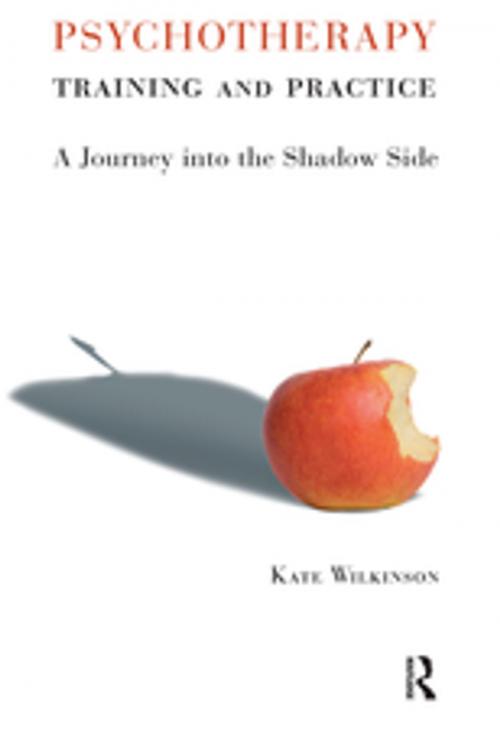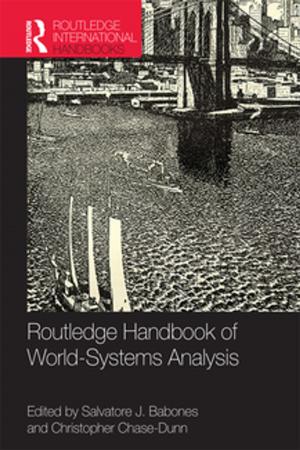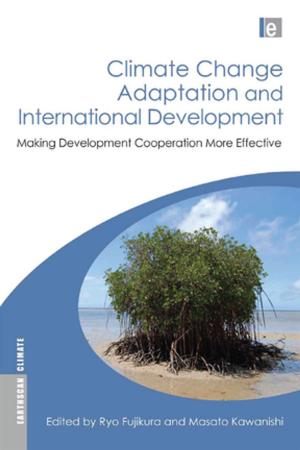Psychotherapy Training and Practice
A Journey into the Shadow Side
Nonfiction, Health & Well Being, Psychology, Mental Health| Author: | Kate Wilkinson | ISBN: | 9780429918285 |
| Publisher: | Taylor and Francis | Publication: | June 17, 2019 |
| Imprint: | Routledge | Language: | English |
| Author: | Kate Wilkinson |
| ISBN: | 9780429918285 |
| Publisher: | Taylor and Francis |
| Publication: | June 17, 2019 |
| Imprint: | Routledge |
| Language: | English |
An exploration of the extensive intra-personal, interpersonal and group dynamic landscape of human experience pertinent to the understanding of the human shadow in the training of psychotherapists. Using phenomenological enquiry this book invites unique, in-depth experiences, provides new insights and addresses the complexities and diversities inherent in the emergence and containment of shadow experience in psychotherapy training. This book takes the reader through a process of qualitative research and invites the reader to explore his or her own relationships to the love of others, through the exploration of all the things that love is not. It argues that without hate we cannot truly love. Interspersed throughout the book are suggestions for personal exploration and it is hoped that reading this book will both stimulate practitioners to a process of self-reflection and questioning, and also support practitioner researchers in their own journey to self-understanding.
An exploration of the extensive intra-personal, interpersonal and group dynamic landscape of human experience pertinent to the understanding of the human shadow in the training of psychotherapists. Using phenomenological enquiry this book invites unique, in-depth experiences, provides new insights and addresses the complexities and diversities inherent in the emergence and containment of shadow experience in psychotherapy training. This book takes the reader through a process of qualitative research and invites the reader to explore his or her own relationships to the love of others, through the exploration of all the things that love is not. It argues that without hate we cannot truly love. Interspersed throughout the book are suggestions for personal exploration and it is hoped that reading this book will both stimulate practitioners to a process of self-reflection and questioning, and also support practitioner researchers in their own journey to self-understanding.















